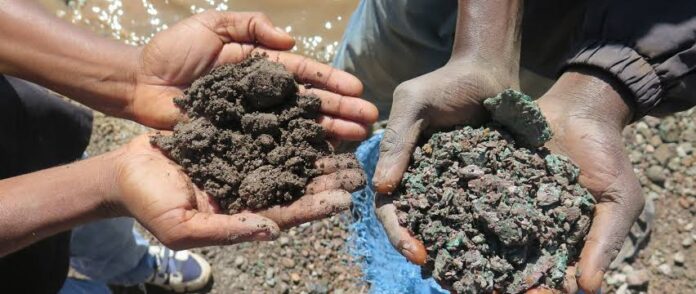Amnesty International and the DRC-based organization IBGDH have released a report titled “Powering Change or Business as Usual?” revealing the detrimental impact of multinational mining operations in the Democratic Republic of the Congo (DRC). The report highlights how the expansion of industrial-scale mines extracting cobalt and copper, essential for rechargeable batteries, has resulted in forced evictions, including instances of sexual assault, and other human rights violations.
According to Agnes Callamard, Secretary General of Amnesty International, the forced evictions occurring as a consequence of the expansion of copper and cobalt mining projects are causing immense harm to lives and must be halted immediately. Callamard emphasizes the importance of climate justice and asserts that the global transition to decarbonize the economy should not lead to further human rights abuses. The people of the DRC have already endured significant exploitation and abuse during the colonial and post-colonial eras, and their rights continue to be sacrificed as the surrounding wealth is stripped away.
The growing demand for clean energy technologies, including electric cars and mobile phones, has contributed to the increased need for specific metals like copper and cobalt, intensifying the pressure on mining operations. The DRC, with the world’s largest cobalt reserves and the seventh largest copper reserves, finds itself at the center of this demand. Amnesty International’s report forecasts that cobalt demand is expected to triple to 222,000 tonnes by 2025, compared to the 2010 figures.
During their investigations in 2022, Amnesty International and IBGDH conducted interviews with over 130 individuals residing in six mining projects located in and around the city of Kolwezi, situated in the southern province of Lualaba. The findings shed light on the severe consequences of the mining expansion on local communities, including forced displacements from their homes and farmlands.

